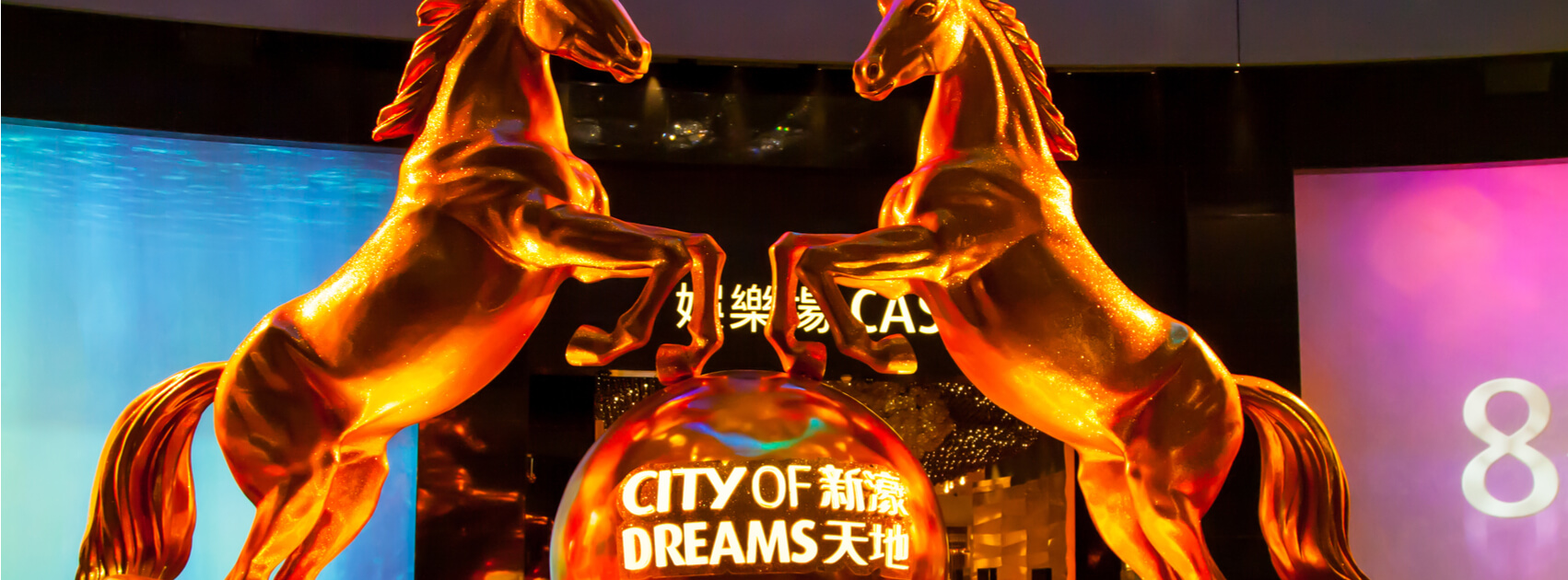China will ban all forms of online social media poker games as of June 1 according to numerous reports.
The ban could have a catastrophic effect on the burgeoning poker industry in the region, which relies on social media poker to build awareness for the game.
At this point in time, there are no real-money poker sites allowed in China so play money poker is essentially the only game in town.
To make matters worse the government is also cracking down on any mention of poker on social media. IAdditionally, the game will no longer be recognized as a competitive sport.
The ban could stifle Chinese poker in its infancy and pundits are already likening it to a Chinese Black Friday.
Huge hit for all of Asia
The potentially devastating effects of a play money ban in China could have ramifications for numerous neighboring Asian countries.
Local tournaments in nearby countries regularly receive a sizable influx of players who qualified for events through play money promotions in China.
There’s also a good chance the special administrative region of Macau will take a significant hit from the ban.
First off, it appears the special PokerStars-branded poker room at the City of Dreams in Cotai will be closing.
According to reports, it was the City of Dreams parent company Melco Resorts & Entertainment that terminated the deal. The City of Dreams PokerStars LIVE poker room operated for five years.
Meanwhile, the big online players in China, including the massive Tencent Gaming, have already started to remove some of their poker apps from the Android, Apple App store, and WeChat store.
Hong Kong-based Boyaa Interactive, which runs the Boyaa Poker Tour, has already seen its share price drop 12 percent, according to a report from Inside Asia Gaming.
[cta id=1286 type=geo]
More than virtual currency at stake
The ban on free-to-play poker may seem unnecessarily harsh but there are a few factors that likely contributed to the Chinese government’s decision to move for an outright ban.
In the past play money poker has been used as a way to play real-money games in China and especially Hong Kong using apps called agents.
It’s a concept that’s largely unfamiliar to most western poker markets but the agents basically allowed players to wager real money on free-to-play sites.
While the free-to-play sites were completely devoid of real money and consisted entirely of virtual currency the agents would allow players to put real currency behind virtual bets.
The practice was particularly popular in Hong Kong where several high-stakes online private games allegedly ran.
It’s unclear at this point how much agents played into the government’s decision to ban free-to-play poker.
Last gasp for poker in China?
The ban wasn’t completely out of nowhere, as the government has shown a reluctance to permit the game in the past. Chinese National Police raided a PokerStars-backed APPT event in Nanjing in 2015.
There’s no telling where poker in China goes from here but it goes without saying that it’s a huge step back for the game.
The complete legal framework for the upcoming ban hasn’t been released so some of the social game developers are hopeful there will still be space to operate.
Beijing’s Ourgame, one of the biggest players in Asian poker and owner of the World Poker Tour, released a statement saying it will conduct an in-depth examination of the new law.
It’s unknown what will happen to the numerous live events that PokerStars runs in Macau. Interest in the game remains high. The most recent Macau Millions main event attracted nearly 2,500 players.
It’s also unclear what will happen to the Alisports-backed International Poker Tour. The IPT offers various poker tournaments around the country combined with other mind sports like chess and bridge.
Photo by Nataliya Nazarova / Shutterstock.com
